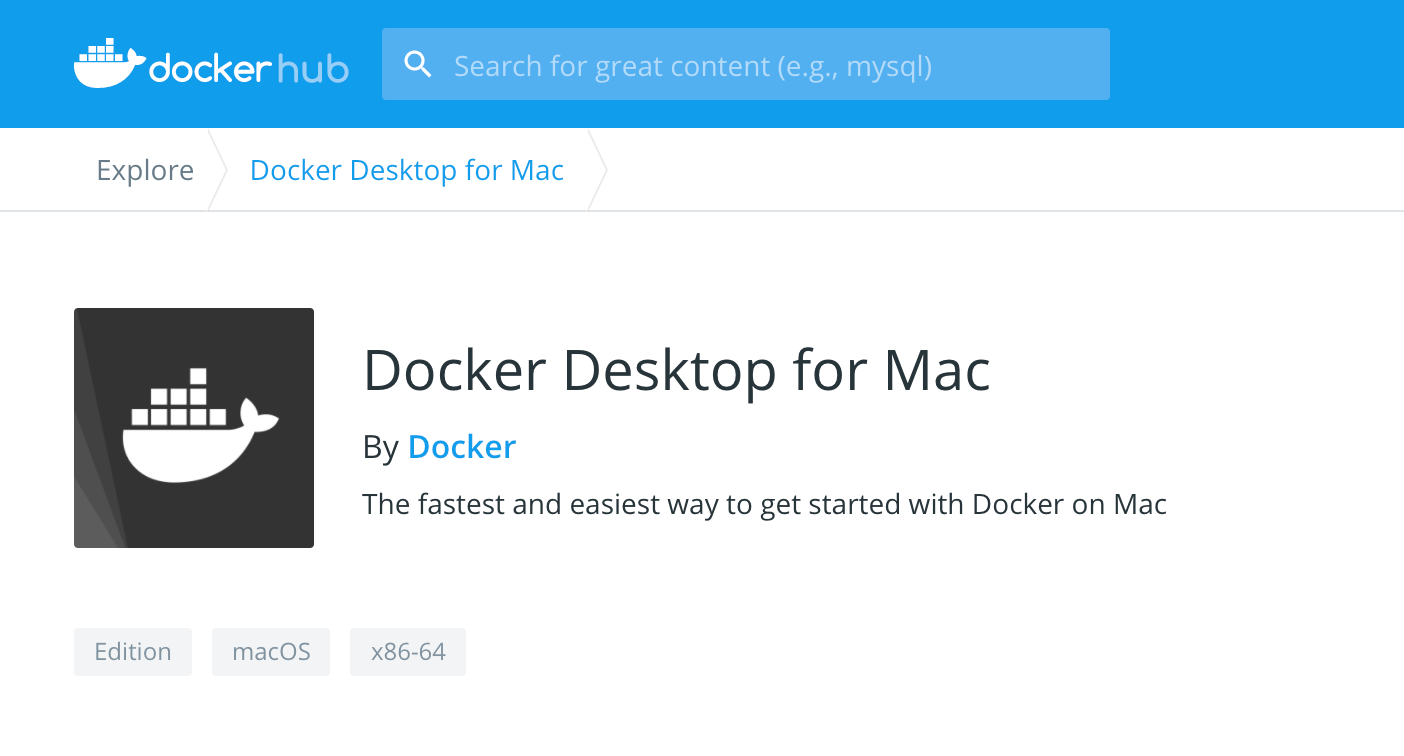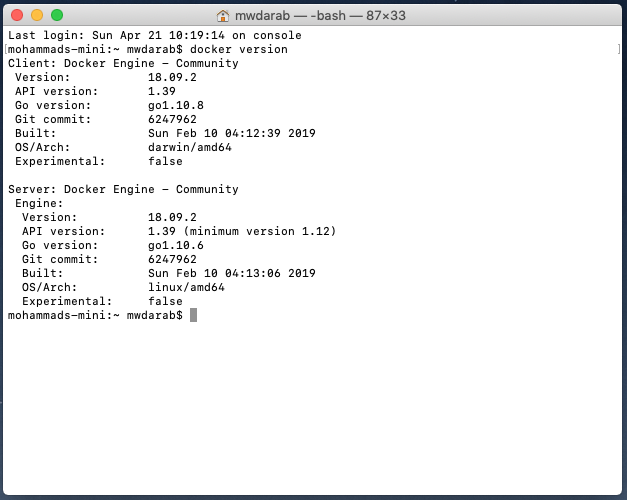

kubectl is like any other application that runs on your Mac-it just makes HTTP requests to the Kubernetes API on the cluster.Turns out, plenty of native macOS apps can be installed using the brew package manager. It sends request to the Kubernetes API server running on the cluser to manage your Kubernetes environment.

This is the command-line interface that lets you interact with Kuberentes. Now re-run brew cask reinstall virtualbox and it should succeed. Kill each of these in turn by running kill first_column_number ( first_column_number is the process identifier for that process). If you scroll up in the output of that command, beneath Warning! Found the following active VirtualBox processes: you’ll see a list of the processes that need to be killed.

This is because the kernel extensions that VirtualBox uses were in use when the uninstall occurred. If you happen to have VirtualBox already running when you do this, you could see an error saying Failed to unload - (libkern/kext) kext is in use or retained (cannot unload). Once this is confirmed, you can reinstall VirtualBox with Homebrew by running brew cask reinstall virtualbox. You will get a warning that confirms this saying Warning: Cask 'virtualbox' is already installed. If you already have VirtualBox installed, start the installation as before with brew cask install virtualbox. In my case, I already had the non-Homebrew VirtualBox app installed which caused issues when trying to start minikube. Skip to step three if everything has worked to this point.
Mac install docker mac#
VirtualBox lets you run virtual machines on your Mac (like running Windows inside macOS, except for a Kubernetes cluster.) Run brew cask install virtualbox in your Terminal.
Mac install docker for mac#
Install VirtualBox for Mac using Homebrew. It lets us construct containers that will run in Kubernetes Pods. Docker is used to create, manage, and run our containers.

You’ll also need Homebrew Cask, which you can install after Homebrew by running brew tap caskroom/cask in your Terminal. Homebrew is a package manager for the Mac. The only pre-requisite for this guide is that you have Homebrew installed. You will be guided through running and accessing a Kubernetes cluster on your local machine using the following tools: This is a step-by-step guide to installing and running Kubernetes on your Mac so that you can develop applications locally.


 0 kommentar(er)
0 kommentar(er)
